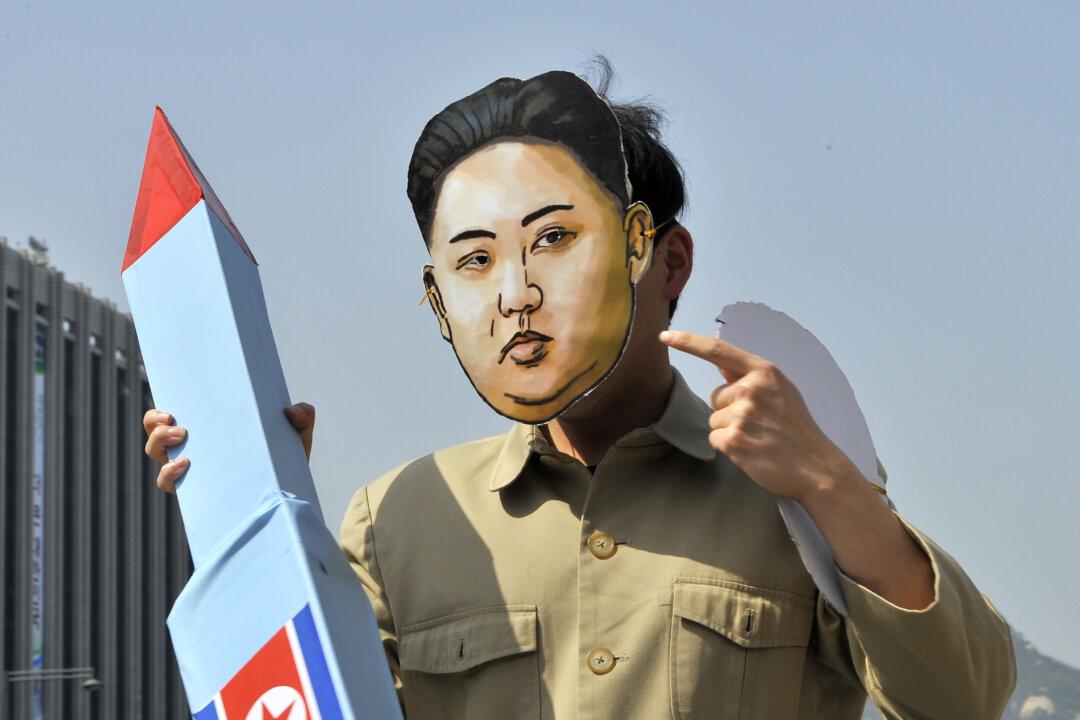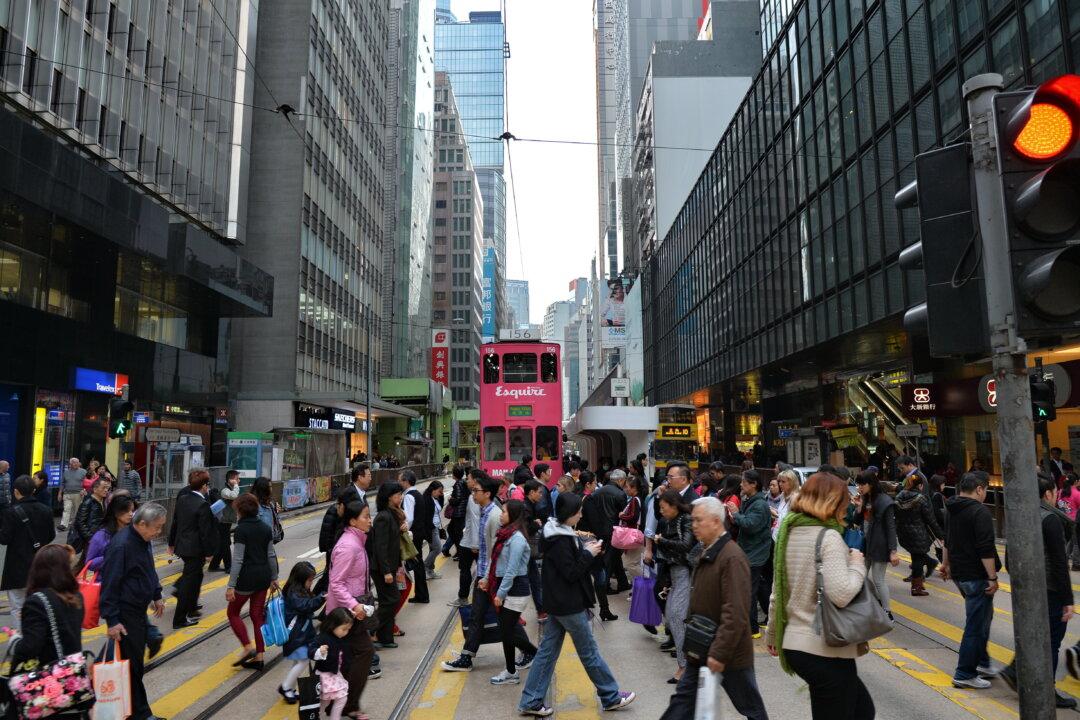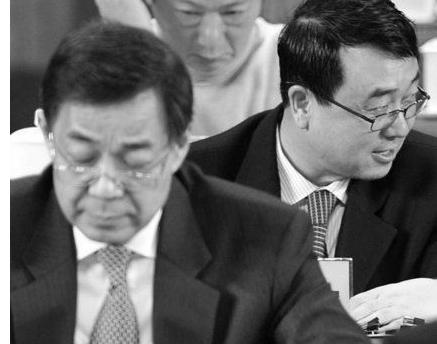The 10-year-long battle between factions in the Chinese Communist Party (CCP) has been waged to keep terrible secrets hidden, with the outcome hanging on the choice of successor for Party head Hu Jintao.
Former Party head Jiang Zemin and his faction have lived in fear of not controlling the CCP. They know they cannot allow the people of China or the world to learn of the enormous crimes committed against the practitioners of the spiritual practice of Falun Gong.
The battle to keep what has been done secret has been focused for the past five years on the figure of Xi Jinping. Jiang’s faction could not prevent Xi from being named as Hu Jintao’s successor as head of the CCP, but neither could they risk Xi ever holding power.





